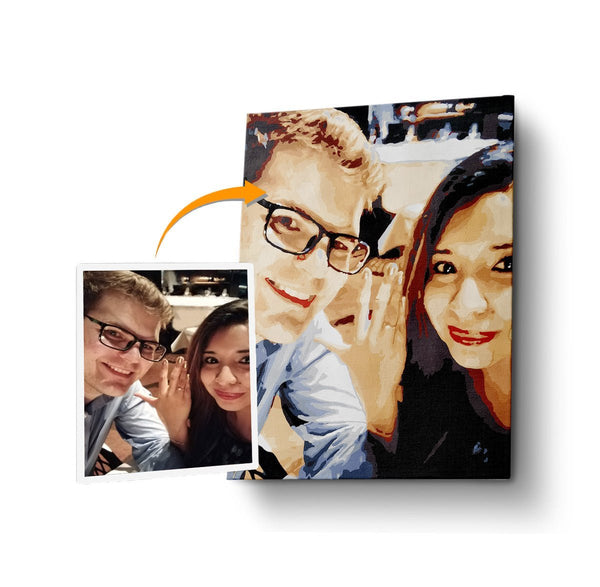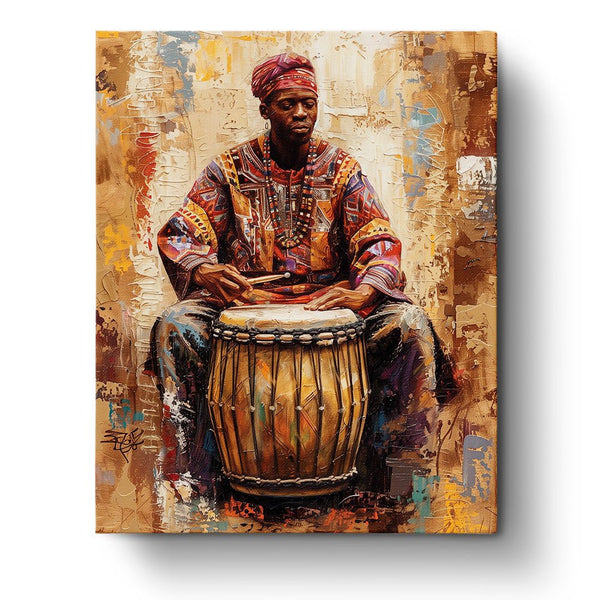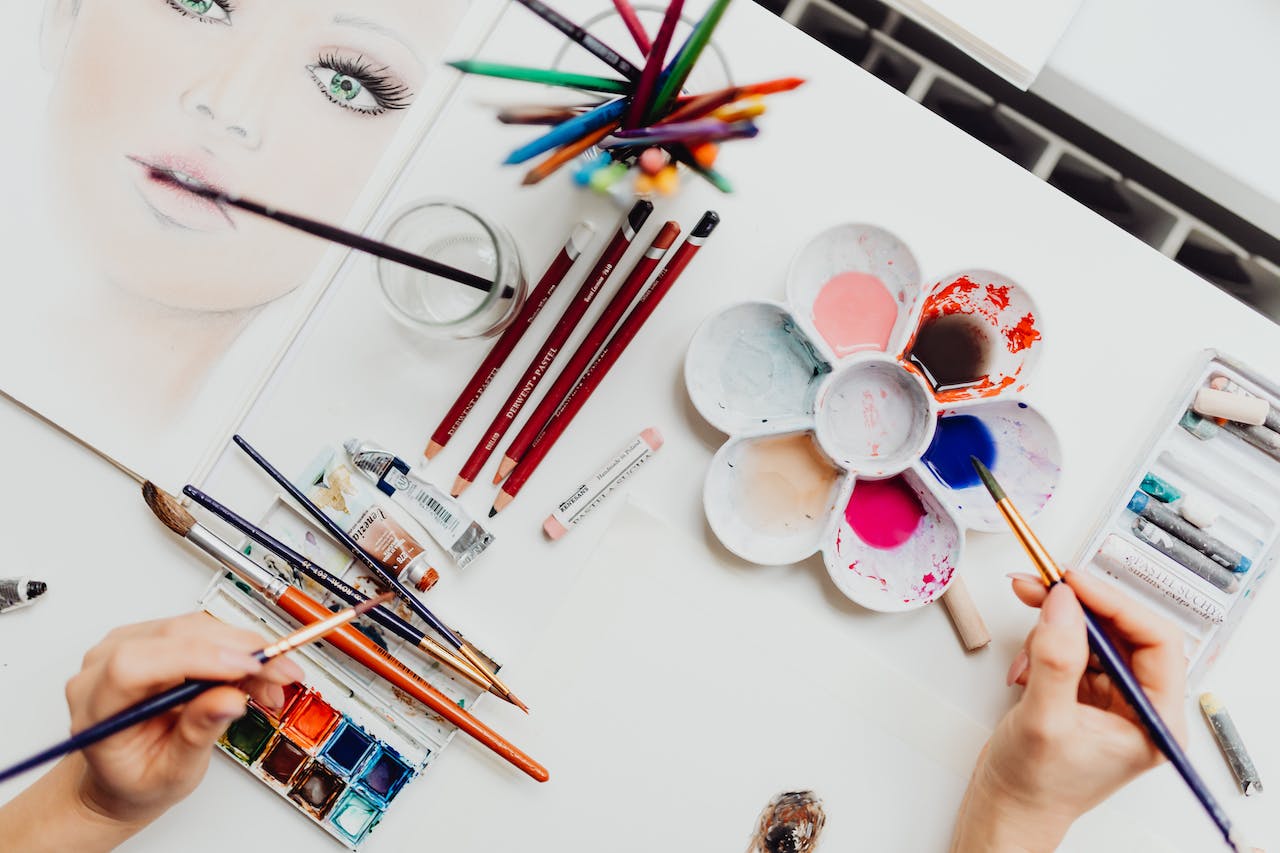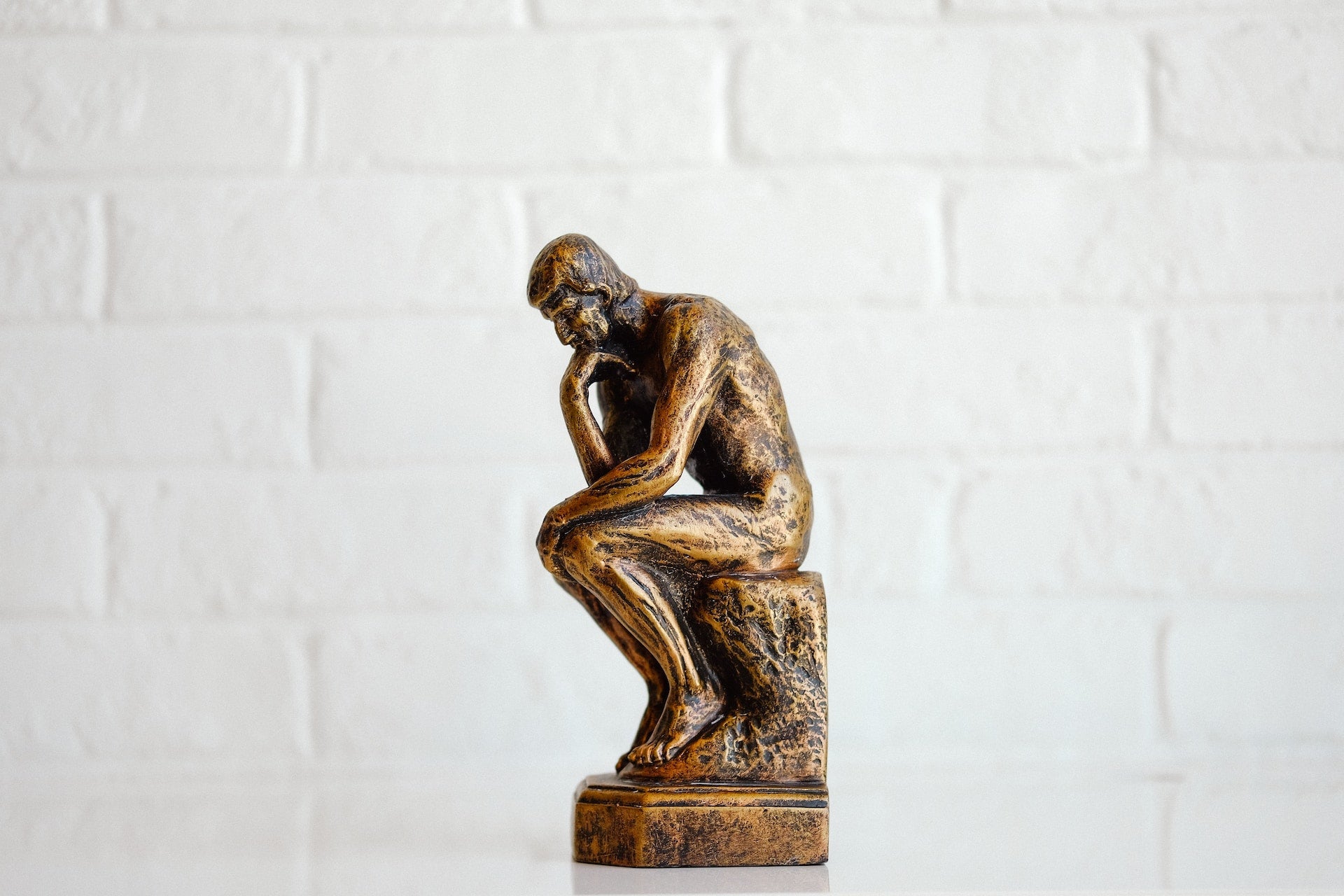
The How To's of Finding Your Personal Philosophy of Art
Art and philosophy are two subjects that are often thought of as being separate. However, they have a lot in common. They both prompt us to think about the world around us, but also ourselves. Art can inspire us to change our perspective on something or someone, while philosophy helps us understand what is happening in our lives and why it matters. In this article, we'll cover some basics on how you can find your philosophy of art! Keep on reading to learn more!

What is Philosophy?
Philosophy is a way of thinking about the world, life, and yourself. It's a method of examining your thoughts, actions, and beliefs to determine which ones are healthy for you. It's also important to note that philosophy is not just about logic or reason—it's about applying knowledge from one field (such as science) to understand something else (like art).
For example: if someone asked whether or not humans should be allowed on Mars because they're too weak or too violent, most people would probably answer "yes". But if they asked how they could go about solving this problem as an artist who creates works inspired by human beings living outside our planet's atmosphere by using only materials found here on Earth (elements like water), then the response might include things like this:
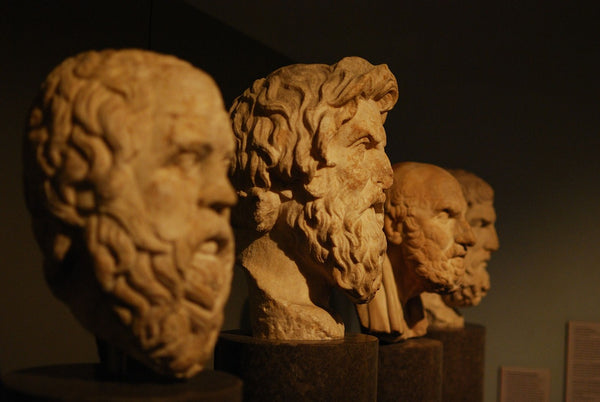
How are Art and Philosophy Related?
Art and philosophy are both concerned with the meaning of life, the nature of reality, and the nature of knowledge.
Art is a way to express your feelings about life. Philosophy helps you understand yourself and others better by asking questions like: What is truth? How do we know that something exists? How do we know what's true or real? Why do some people seem happy while others don't seem happy at all when they're going through rough times in their lives (or even just everyday)?
Philosophy also explores topics like time travel; quantum physics; artificial intelligence; cosmology—all sorts of things that have been studied by scientists for centuries but have yet to be proven scientifically accurate!
Why is Finding Your Personal Philosophy of Art Important?
- This is important because it helps you to identify your artistic voice.
- It also helps you to find your style, subject matter, and medium.
- Finding your philosophy of art can help you develop a unique approach to artmaking that is uniquely yours alone.
- Knowing your philosophy of art will also help you to develop a clearer vision for the work you want to create.
- You need to understand your philosophy of art because it will help you to make better decisions about the work you make and how you go about making it.
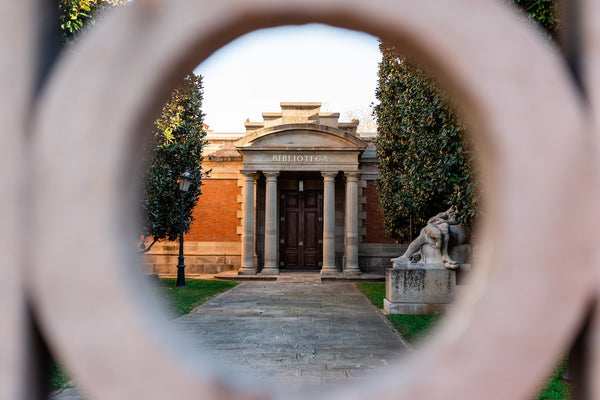
A Quick Guide to Finding Your Personal Philosophy of Art
Question what you see.
One way to find your philosophy of art is by asking questions. If you see something in the world that inspires you, ask yourself why and what would change about it. If there's something that doesn't inspire you, ask yourself why and what would change about it.
It's important to keep in mind that art itself is not inherently good or bad—it's all subjective. We can look at a piece of art and enjoy it for different reasons than others do.
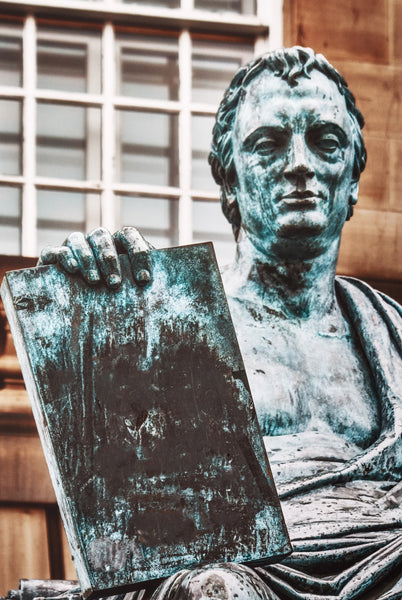
Identify what makes you feel something.
You've heard it before: “Art is a way to express feeling.” And you may have even read about the many ways that art can be used as an outlet for your emotions, whether they're positive or negative. But what does this mean? How can you know if your work is expressing something, or just making noise?
For starters, look at what inspires you in life and how those things make you feel. Are there any subjects that make you laugh every time they come up? Or perhaps there are certain times of the year when certain things remind us of our past experiences; maybe we love summer because so many good memories were made while spending time outdoors with friends and family members who weren't part of our lives anymore when school started back up again (or worse yet—had died).
We could also identify moments in time when something happened that caused us deep sadness; perhaps these feelings came from watching another person get hurt by someone else's actions—or maybe it was just watching an animal being abused at some point during its lifetime (or becoming ill/dying).
Once you know how you feel, figure out why.
Once you know how you feel, figure out why.
One of the most important things to understand about art is that it's something that is created from within. The process of creating requires time and effort but also requires some sort of motivation or inspiration—which may not be clear at first. So, before we can start finding our philosophies of art, it's important for us to first figure out what makes us want to create in the first place!
Identify what makes you want to create.
Now that you've identified the type of art you want to create, it's time for another step: identifying what makes you want to create.
- What kind of art do you want to create? Are there specific pieces that resonate with your personality and worldview? If so, how can these pieces be used as inspiration for future work?
- Why are we here? What drives us as artists—and why does it matter if we're just making art for ourselves or also trying to inspire other people through our creations? How can our philosophies help us achieve both goals more effectively than others might be able to at the same time without sacrificing quality control over their creative output (or having two separate sets of influences competing against each other)?
Dig in your heels and find meaning or message that excites you.
- Dig in your heels and find a meaning or message that excites you.
- What is it about your work that makes it meaningful and exciting to you? How can you translate this into an image or a story?
- Define the purpose of your art: what do you want to say about it? Why is this important to you?
Takeaway: Understanding what kind of art moves you can help inform your own work.
Finding your philosophy of art is important because it can help inform your work. There are many different types of artists, but they all share a common goal: to create something that moves people. For example, if you've ever watched one of the many movies about the life and times of Vincent Van Gogh, then you know that he was driven by his desire to create art that would inspire others.
Likewise, if you're into painting abstract pieces in oil on canvas or acrylic on wood panel boards with vibrant colors—or even just drawing stick figures—then finding out what kind of art moves you can help inform how successful your work will be as an artist.
Findings like these are why understanding what kind of art moves YOU so much is so important!
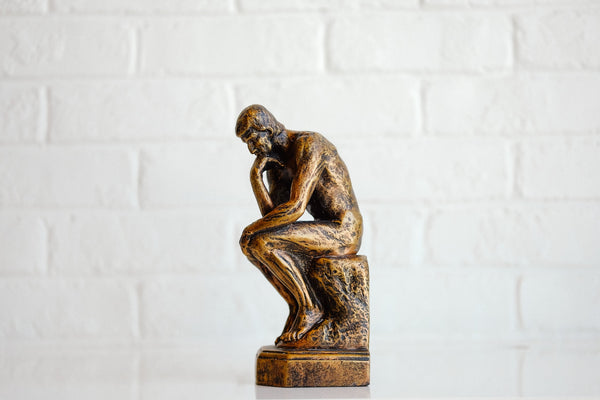
Conclusion
Now, you hopefully have a better idea of what Philosophy is and how it relates to art. You may even be ready to start finding your philosophy of art! We hope that this article helped get you started down that path.


